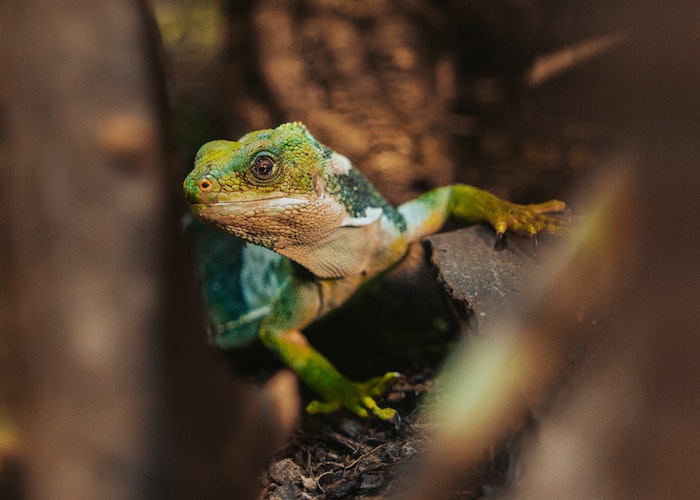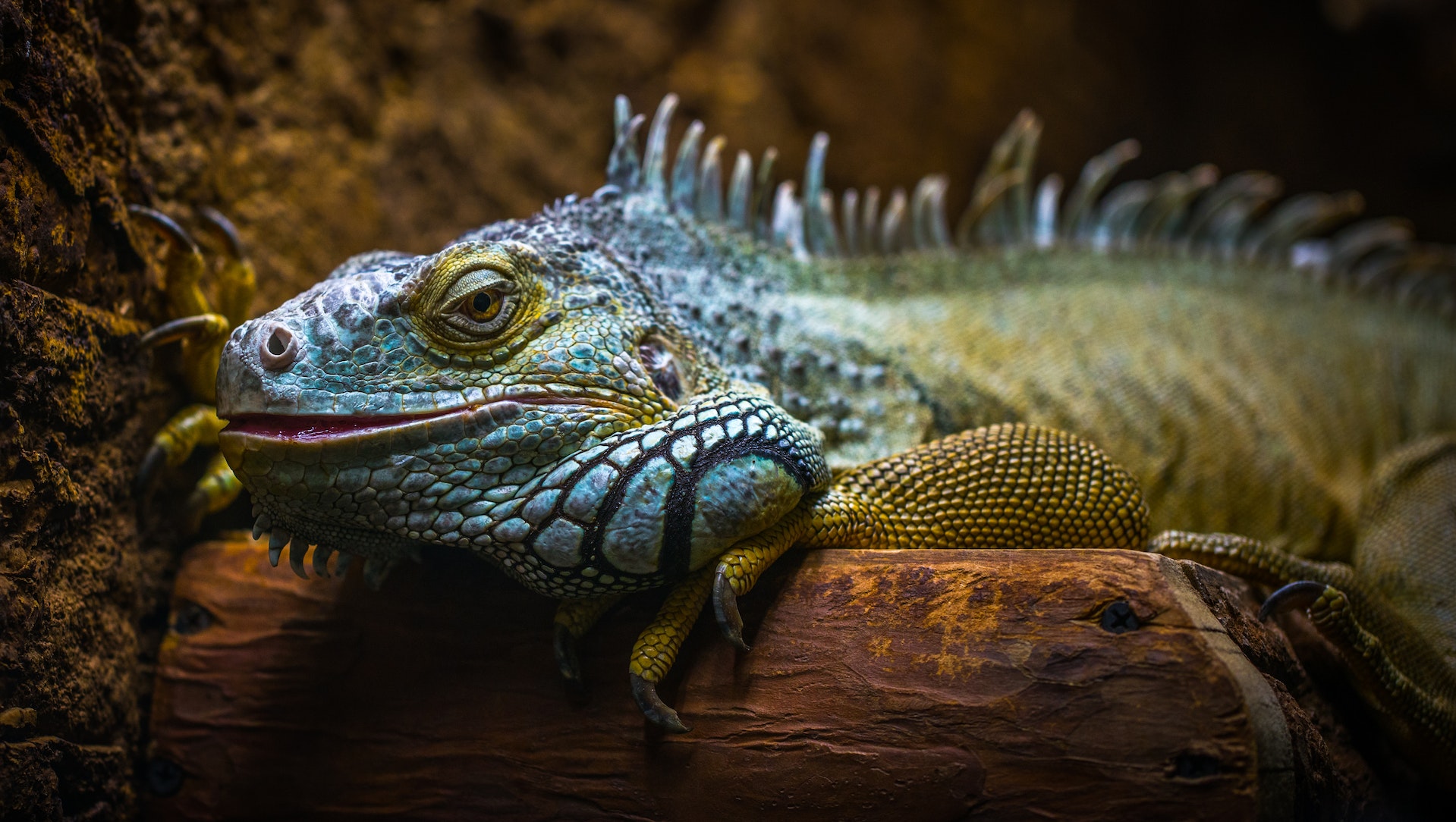Congratulations on welcoming baby bearded dragons into your life! As these tiny reptiles embark on their journey of growth and development, it is essential to provide them with proper care and create a nurturing environment. Baby bearded dragons have specific needs that differ from adult dragons, and understanding these requirements is crucial for their well-being. In this comprehensive guide, we will explore tips and techniques for caring for baby bearded dragons, covering important aspects such as feeding, hydration, habitat setup, and overall health care. Whether you are a new owner or an experienced reptile enthusiast, this article will provide you with valuable insights to ensure that your baby bearded dragons thrive under your care.
Tips for caring baby bearded dragons

1. Habitat Setup
a. Enclosure Size: Begin by providing a suitable enclosure that allows for both comfort and security. A 20-gallon tank is typically sufficient for a baby bearded dragon, although larger enclosures may be required as they grow. Ensure proper ventilation and a secure lid to prevent escape.
b. Substrate: Choose a substrate that is safe and easy to clean. Paper towels, reptile carpet, or non-adhesive shelf liner are suitable options for baby bearded dragons. Avoid loose substrates that may pose a risk of ingestion and impaction.
c. Temperature and Lighting: Create a temperature gradient within the enclosure to allow your baby bearded dragons to regulate their body temperature. Provide a basking spot with a temperature of around 100-110°F (38-43°C) and a cooler side of the enclosure around 80-85°F (27-29°C). Use a UVB light to provide essential ultraviolet radiation for proper bone development.
d. Humidity: Baby bearded dragons require lower humidity levels than adults. Aim for a humidity range of 30-40%. This can be achieved by providing proper ventilation and avoiding excessive moisture within the enclosure.
2. Feeding and Hydration
a. Proper Diet: Baby bearded dragons have specific dietary needs for healthy growth. Offer a variety of appropriately-sized live prey, such as small crickets, mealworms, and small dubia roaches. Additionally, provide fresh vegetables and fruits that are finely chopped or grated.
b. Feeding Schedule: Feed your baby bearded dragons 2-3 times a day, offering as much food as they can consume within 10-15 minutes per feeding session. Ensure a balance between protein-rich insects and nutritious plant-based foods.
c. Calcium and Vitamin Supplements: Dust the live prey with a calcium supplement containing vitamin D3 at least once a day. This helps ensure proper bone development and prevents metabolic bone disease.
d. Hydration: Provide a shallow dish of clean, fresh water in the enclosure at all times. While baby bearded dragons primarily obtain hydration from their food, it is essential to offer water for drinking and bathing.
3. Handling and Socialization
a. Gentle Handling: Gradually introduce handling to your baby bearded dragons to help them acclimate to human interaction. Use gentle and slow movements, allowing them to become familiar with your presence.
b. Socialization: Gradually expose your baby bearded dragons to different sights, sounds, and experiences to promote socialization and reduce stress. Avoid overwhelming them and provide a calm and secure environment.
c. Supervised Exploration: Allow supervised exploration outside of the enclosure to provide mental stimulation and promote natural behaviors. Ensure a safe and controlled environment to prevent accidents or escape.
4. Health Care
a. Veterinary Check-ups: Schedule regular veterinary check-ups for your baby bearded dragons to monitor their health and address any potential issues. A reptile-savvy veterinarian can provide valuable guidance and perform necessary examinations.
b. Parasite Prevention: Baby bearded dragons are susceptible to internal and external parasites. Follow a proper parasite prevention protocol recommended by your veterinarian to ensure their health and well-being.
c. Observing Behavior: Be attentive to any changes in your baby bearded dragon’s behavior, appetite, or appearance. Monitor their weight and keep track of their growth to detect any signs of illness or nutritional deficiencies.
Conclusion
Caring for baby bearded dragons requires knowledge, patience, and a commitment to providing the best possible care. By following the tips and techniques outlined in this guide, you can ensure that your baby bearded dragons receive the appropriate diet, hydration, habitat, and socialization needed for healthy growth and development. Remember to seek veterinary advice whenever necessary and continuously educate yourself on their evolving needs as they transition into adulthood. With proper care and attention, your baby bearded dragons will thrive and bring joy to your reptile-loving heart for many years to come.
